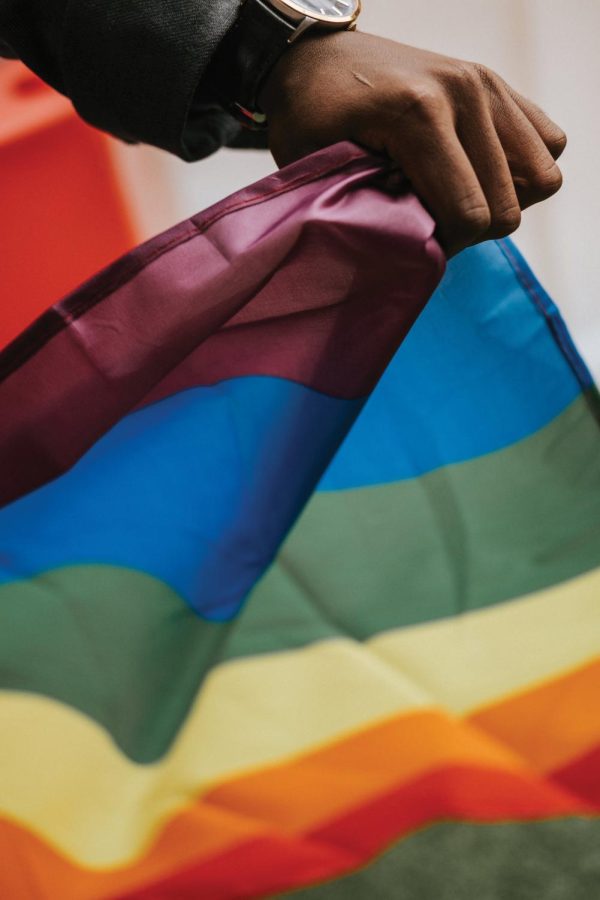Self proclaimed LGBTQ+ allyship is dangerous territory
SafeZone Ally training is designed identify and train members from the community whom are interested supporting the growth of an inclusive community.
Feb 7, 2022
Over my years of being a student at UNI I have had people ask me every now and then about my experience on campus. Most of the time I’m asked about how I feel when openly anti-LGBTQ+ organizations come to campus to make their sentiments known. Obviously, this isn’t a comfortable experience for me but the reality is; it is so much worse when I meet a self–proclaimed ally who expects me to look to them for support when they can’t or won’t supply that. What I mean by this, is the knowing complacency in situations that harm LGBTQ+ people. I’m talking about the people that claim allyship but won’t stand up for their coworkers or classmates when they have something to lose. Even worse, I’m talking about the people that claim allyship that continuously misgender their transgender “friends” and apologize but at the same time refuse to put in the work to get better. Being an ally is not just going to pride, a drag show, or waving a rainbow flag it’s real, hard work.
Even if someone identifies as an ally and does consistently commit to doing actual beneficial work for the LGBTQ+ community, I always wonder how long it has been since they have been critical of their allyship. Are they supporting all of the community or just the cis white gay men that they find charming? Are they acknowledging the disproportionate oppression that goes on even within the LGBTQ+ community due to racism? Just because there is effort doesn’t mean that there is genuine allyship. Some may wonder how to become or start being an ally, so they turn to the UNI Safe Zone Training which while educational still doesn’t make someone an ally.
Don’t get me wrong, I think Safe Zone Ally training is a great place to start – but means little if that’s where allyship ends. Around campus I frequently see the safe zone ally placard and I used to think, “wow, it’s so nice to see all the people that have committed to my safety and inclusion as a queer person.” That’s the thing though, I used to think this but now all I see is a performative emblem that means next to nothing to me. Going through safe zone ally training means one thing; someone showed up on one day of their life to learn about the realities of life for LGBTQ+ persons. After that, it is up to that person to hold themselves accountable. It doesn’t mean that they are continuing to put in the work and commitment to be a better ally, and it definitely doesn’t mean that they aren’t consistently doing harm to LGBTQ+ community around them.
If accountability is lost in allyship, then progress towards a more inclusive and equitable environment can halt. This isn’t to say that I expect perfection in allyship, but I do expect for people to think critically about what it means to be an ally. Being critical of institutions, systems and oneself is a part of the essence of what LGBTQ+ allyship means. Building trust between community members can rely on the vulnerability that comes with criticism, but ultimately this could create a better world for members of the LGBTQ+ community that are disproportionately affected by it.








